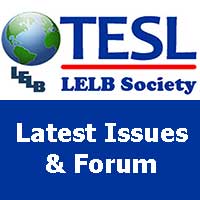Politeness in Sociolinguistics and Pragmatics (Explained)
Politeness in sociolinguistics and pragmatics with examples and clear explanations written by Dr. Mohammad Hossein Hariri Asl with a video tutorial narrated by the author. Video of politeness in sociolinguistics Watch this video on YouTube. Dictionary definition of politeness Behaving and speaking in a way that is correct for the social situation you are in…


